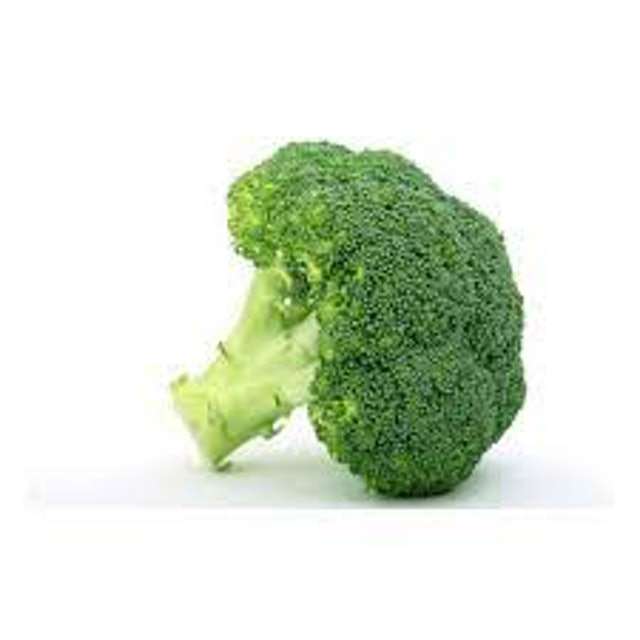
NMN health care products have become the new favorite of anti-aging in recent years. The celebrity effect and its synonym of “elixir of aging” make ladies flock to it even though a bottle costs over a thousand Hong Kong dollars. More and more studies indicate that NMN is not only anti-oxidant, but also can delay vascular degeneration and improve a series of physical problems that occur with age. Although NMN-related products are becoming more and more popular, the long-term efficacy and safety of NMN are still unknown, and the impact on long-term patients has not yet been grasped. The positioning and efficacy of NMN in the market are still reserved.
Written by: Dr. Cui Junming, Medical Consultant and President of Hong Kong Society of Hospital Pharmacists
Our body has many enzymes that support metabolism, fight inflammation, and repair cell damage. Among them, nicotinamide adenine dinucleotide (NAD+) is very important for the operation of these enzymes. The full name of NMN (Nicotinamide Mononucleotide) is β-nicotinamide mononucleotide. It plays the role of cofactor in many biological processes, such as energy metabolism, cell signal transmission, gene expression and DNA repair, etc., and can combine to transfer energy in cells of adenosine triphosphate (ATP) to form NAD+. As the body ages, NAD+ gradually decreases, leading to degeneration of bodily functions and is associated with cognitive decline, cancer, metabolic disease and sarcopenia.




At present, clinical tests related to NMN are still very limited. A Japanese university published the results of the world’s first NMN clinical test in 2016, reflecting that a single dose of 100/250/500 mg of NMN is harmless to humans, but this test has no consolation In the control group, there were only 10 test subjects.
A 2021 randomized, double-blind, controlled trial showed that NMN, given at 250 mg daily in overweight or obese women with prediabetes, improved insulin signaling and muscle sensitivity to insulin. Another study showed that if the elderly took 250 mg of NMN daily for 6 or 12 weeks, it could improve muscle strength. In February this year, a randomized double-blind controlled trial also showed that taking 250 mg of NMN per day in the elderly can improve lower limb function and reduce fatigue. However, the above studies are preliminary and more studies are needed to support the results.
As for whether NMN can resist oxidation to achieve the effect of freezing age, according to a mouse experiment, NMN can increase metabolic enzymes and delay oxidation enzymes to achieve antioxidant function. However, most of these experimental data are based on animals, and the data on human efficacy are still insufficient. In recent years, clinical tests are testing the effects of NMN on cardiometabolic function, hypertension, polycystic ovary syndrome, etc., but the impact on diseases is still in the investigation stage, and the medical community has not yet confirmed that NMN is helpful for diseases of the elderly. Therefore, patients may wish to consult their physician or pharmacist before taking nutritional supplements.



In fact, many natural foods contain a small amount of NMN, such as milk, beef, mushrooms, edamame, broccoli, cucumber, cabbage, avocado, tomato, etc., and NMN will be quickly converted into NAD+ after entering the human body. However, the content of NMN in food is low. Taking broccoli as an example, there is only 10 mg of NMN per kilogram of broccoli, which is far lower than the amount used in many clinical tests (ie 250 mg).
Generally speaking, if there is no nutritional deficiency disease, there is no need to take additional nutritional supplements. Examples of common nutritional deficiencies and corresponding supplements include the following:
1) Anemia: Lack of vitamin B12, folic acid or iron may lead to anemia, and appropriate supplements should be selected depending on the cause of anemia.
2) Inflammatory bowel disease: The patient’s intestines cannot effectively absorb nutrients, so they may need to take vitamins (such as A, B12, D, E, and K), iron, calcium, folic acid, and zinc.
3) Osteoporosis: Taking vitamin D and calcium can reduce the risk of osteoporotic fractures.
4) Vitamin B12 deficiency caused by drugs: Long-term use of hydrogen ion pump blockers or Metformin may reduce the absorption of vitamin B12, and patients may need to take vitamin B12.
Improper use of nutritional supplements may be harmful to health. Taking anemia as an example, if the patient takes folic acid to relieve the symptoms of anemia, it may make the condition worse. Anemia may also be caused by internal bleeding or lack of vitamin B12.
Original website: Health care product NMN Ms. Cheng’s “secret recipe” for frozen age, but the long-term efficacy and safety are still unknown